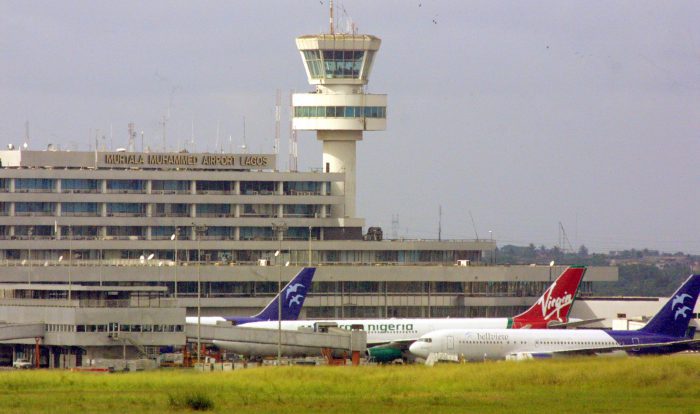By Oluwasore Alabi
The suspension of the planned nationwide strike by aviation unions, announced by Minister of Aviation and Aerospace Development Festus Keyamo, is a major relief for the Nigerian travel industry. The action, which was set to begin on Monday, August 11, 2025, could have grounded flights across the country, disrupting both domestic and international travel.
Keyamo revealed on Sunday via his official X account that his intervention, alongside the efforts of the Nigerian Airspace Management Agency (NAMA) and senior ministry officials, convinced the unions to put the strike on hold. According to him, his long-standing ties with labour leaders helped in reaching this understanding.
The unions, comprising the National Union of Air Transport Employees (NUATE), Air Transport Services Senior Staff Association of Nigeria (ATSSSAN), Association of Nigeria Aviation Professionals (ANAP), and the Amalgamated Union of Public Corporations, Civil Service Technical and Recreational Services Employees (AUCPTRE), had issued a strike notice last month. Their demand was simple: implement the long-overdue reviewed salary structure for NAMA staff.
They argued that rising living costs and increasing workload had made the delay in improved pay unacceptable. The strike would have shut down air navigation and traffic management services nationwide, effectively paralysing the aviation sector.
Fortunately, talks yielded progress. The Budget Office issued a “no objection” letter to the National Incomes, Salaries and Wages Commission, clearing the way for payment of the revised wages. NAMA’s management also assured staff that efforts were being made to pay the new rates alongside August salaries.
While the decision to defer the strike until the end of August is commendable, the situation remains fragile. If the promised payments are not made, the unions could resume their industrial action, throwing the industry back into crisis.
This development highlights a bigger issue: labour disputes in Nigeria’s aviation sector often reach the brink before action is taken. Such last-minute resolutions may work in the short term, but they undermine long-term planning and public confidence. The government and aviation agencies must work proactively to address workers’ concerns before they escalate.
For now, passengers and airlines can breathe a sigh of relief. But unless commitments are honoured and structural issues resolved, this calm may only be temporary. True stability in the aviation sector will require continuous engagement, mutual trust, and timely fulfilment of agreements and values that should not only surface when a strike looms.
Follow us on all social media platforms @dailyquery for news and analyses around the globe.



























